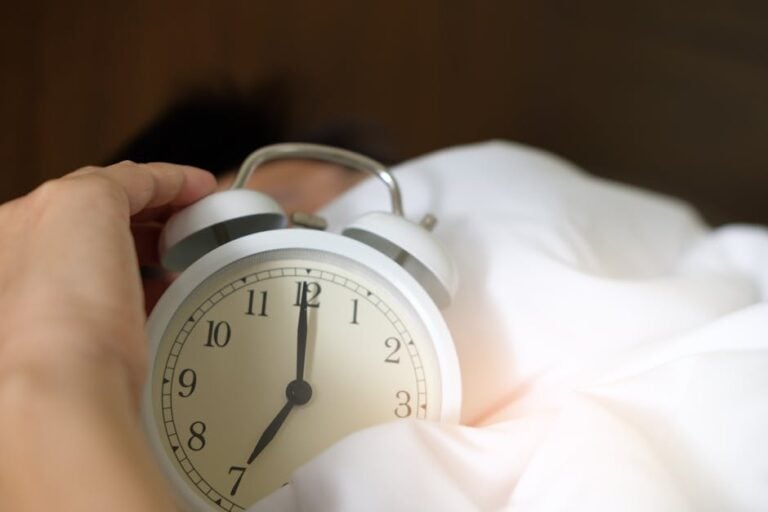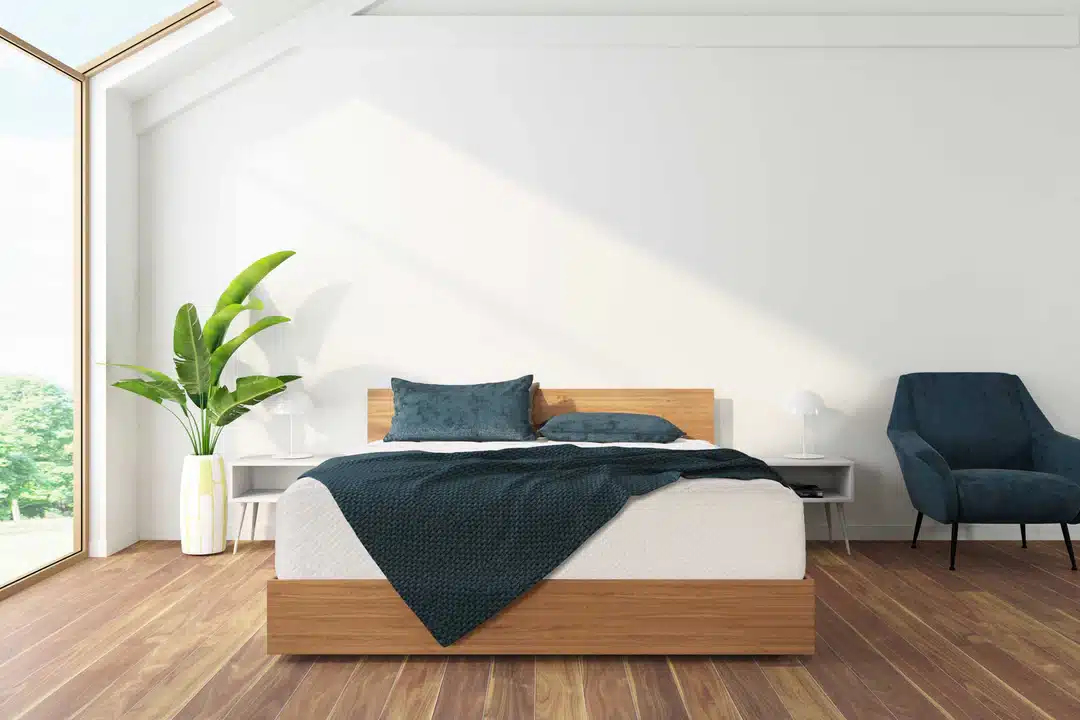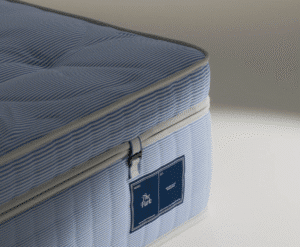Global Sleep Statistics: Are We Getting Enough Rest?
Understanding our sleep patterns is crucial for enhancing our health and well-being. Recent global sleep statistics provide illuminating insights into how much rest people are actually getting. Here are some thought-provoking figures:
– Between 50 to 70 million Americans are affected by sleep disorders, a staggering statistic that highlights a significant public health challenge.
– Insomnia alone impacts up to 30% of adults, undermining their daily functioning.
– Obstructive sleep apnea, a serious condition, affects approximately 3% to 7% of the population.
– For optimal health, adults typically require 7-9 hours of sleep each night.
Sleep is not just a luxury; it’s an essential component of overall health. Despite this, millions worldwide face sleep issues that disrupt their daily lives. The causes can range from insomnia to obstructive sleep apnea, and even lifestyle choices that inadvertently deny us the rest we need.
The Importance of Sleep
Sleep is the bedrock of mental and physical wellness. Its effects ripple across nearly every system in our bodies, impacting areas like cognition, mood, and overall health.
Mental Wellness
Sufficient sleep is foundational for mental clarity and emotional regulation. A study by the National Sleep Foundation revealed that over one-third of adults experience daytime sleepiness, which directly affects their mood and cognitive function. Insufficient sleep can become a breeding ground for anxiety and depression, demonstrating the critical link between sleep and mental health.
Physical Wellness
Physically, sleep is vital for the repair and rejuvenation of muscle and tissue. Chronic sleep deprivation raises the risk of serious health concerns, such as heart disease, diabetes, and obesity. The CDC reports that adults getting fewer than seven hours of sleep each night are more likely to report ten chronic health conditions, underscoring the robust connection between sleep and physical health.
Sleep Disorders
Sleep disorders are rampant and prevent many individuals from achieving restful nights. Insomnia affects between 10% to 30% of adults, while obstructive sleep apnea (OSA) is reported in 2% to 9% of the population. These disorders substantially compromise health and overall quality of life.
How Environment Affects Sleep
Your sleeping environment significantly influences your rest quality. Ideally, a cool, dark, and quiet room promotes better sleep. Yet, an overwhelming 89% of adults and 75% of children sleep with at least one electronic device in their bedrooms. The blue light emitted by these devices hampers melatonin production, which is essential for sleepiness.
Mental Health Matters
Mental health issues, such as depression and anxiety, can complicate sleep quality. Women, in particular, may experience altered sleep patterns as they navigate hormonal fluctuations during phases like menopause.
How Much Sleep Do We Need?
The amount of sleep necessary can vary widely, particularly across different life stages. The National Sleep Foundation provides tailored guidelines:
– Newborns (0-3 months): 14-17 hours
– Infants (4-11 months): 12-15 hours
– Toddlers (1-2 years): 11-14 hours
– Preschoolers (3-5 years): 10-13 hours
– School-aged children (6-13 years): 9-11 hours
– Teenagers (14-17 years): 8-10 hours
– Young adults (18-25 years) and Adults (26-64 years): 7-9 hours
– Older adults (65+ years): 7-8 hours
Global Sleep Patterns
Diving deeper into global sleep statistics, we can see varied sleep habits shaped by cultural and lifestyle factors. For example, individuals in Japan and South Korea report an average sleep duration of only 6 hours per night, while Australians and Canadians generally enjoy 7-8 hours. The tradition of siestas in Mediterranean countries, such as Spain, showcases how cultural practices influence overall sleep patterns.
Sleep Deprivation: A Global Concern
The issue of sleep deprivation is reshaping public health narratives worldwide. Nations with demanding work cultures, such as the U.S. and Japan, report higher incidences of sleep-related problems. The repercussions are serious, as chronic sleep deprivation links to cardiovascular diseases, obesity, and mental health disorders.
Sleep Statistics in the United States
In the U.S., the landscape of sleep is concerning. Beyond the statistics noted earlier, one-third of American adults average less than seven hours of sleep per night. This widespread lack of rest can lead to pervasive health issues affecting not only personal well-being but also productivity in various sectors.
Electronic Devices: A Sleep Barrier
The prevalence of electronic devices has become a significant factor undermining sleep quality. The blue light from screens delays melatonin production, making it harder to fall asleep. A staggering 28% of U.S. adults turn to sleep tracking apps to monitor their sleep habits, indicating a growing awareness of sleep’s importance.
Strategies for Better Sleep
Making small adjustments to your environment and habits can enhance the quality of your sleep significantly:
– Comfortable Mattress: Prioritize a mattress that offers good support and comfort. Nearly 93% of individuals consider this crucial for quality sleep.
– Calming Bedroom Environment: Ensure your sleeping space is cool, dark, and quiet. Consider blackout curtains and white noise machines if needed.
– Consistent Bedtime Routine: Establish regular sleep schedules to promote better sleep quality. Engage in relaxing activities before bed, and avoid screens to reduce blue light exposure.
Conclusion: Taking Action for Better Rest
With the world grappling with sleeplessness, understanding sleep statistics and recognizing personal sleep needs are vital steps towards improvement. Whether you are experiencing insomnia, battling sleep apnea, or simply seeking to optimize your sleep, effective changes can lead to a healthier life. Prioritizing sleep can yield significant benefits, enhancing not just individual health but also collective well-being. Let’s push for a world where quality sleep is the norm rather than the exception. Taking action today can lead to a brighter, more rested tomorrow.


















